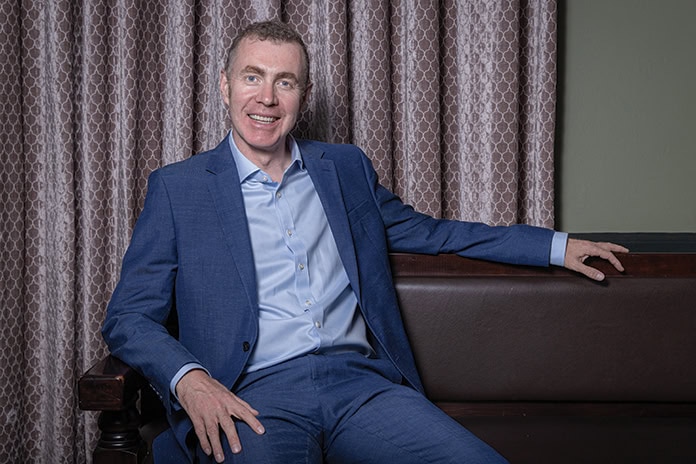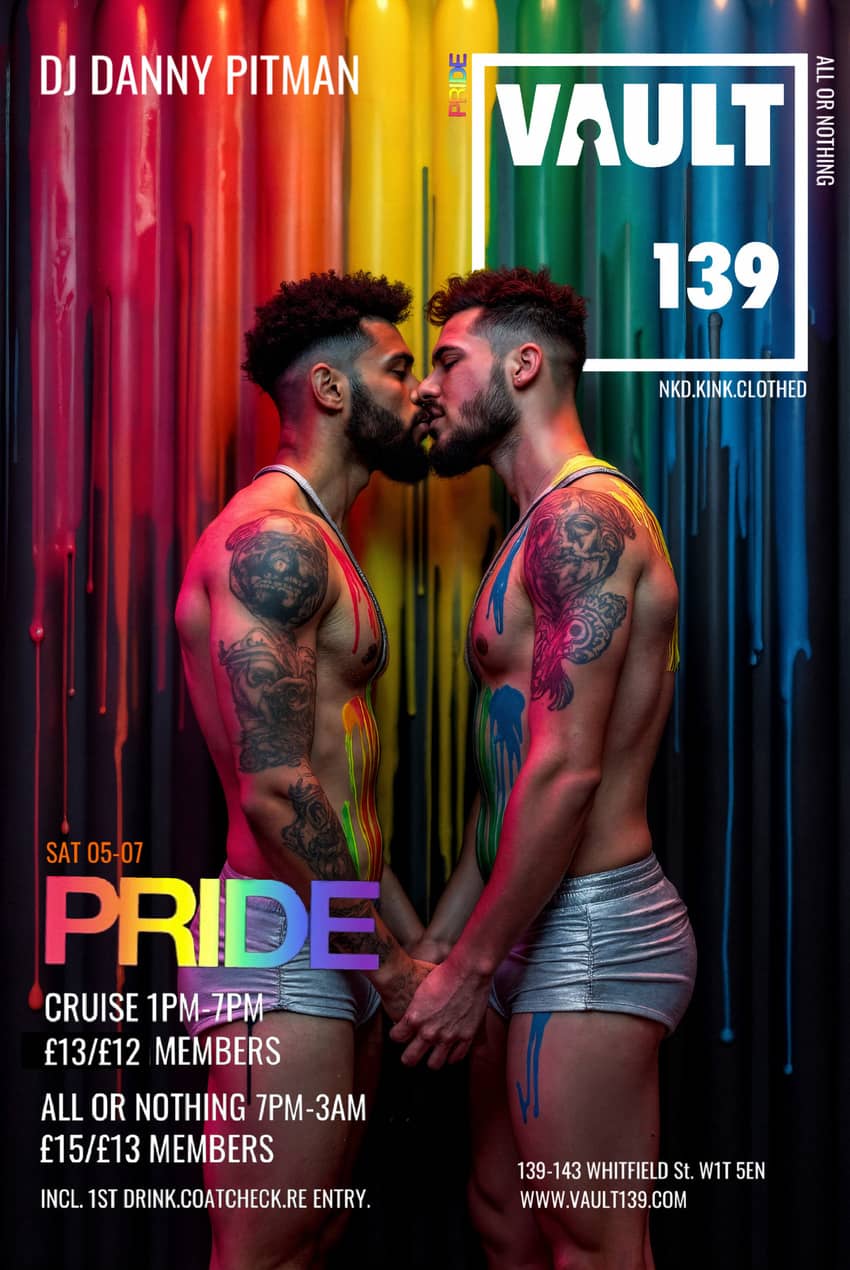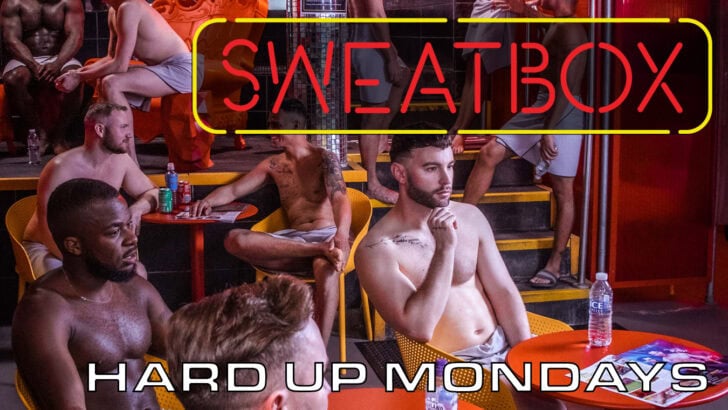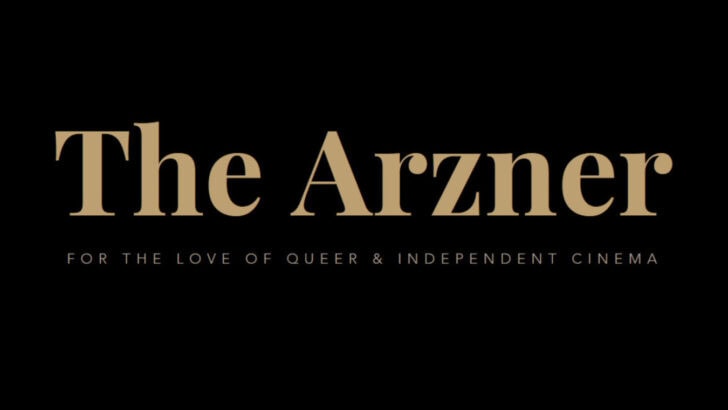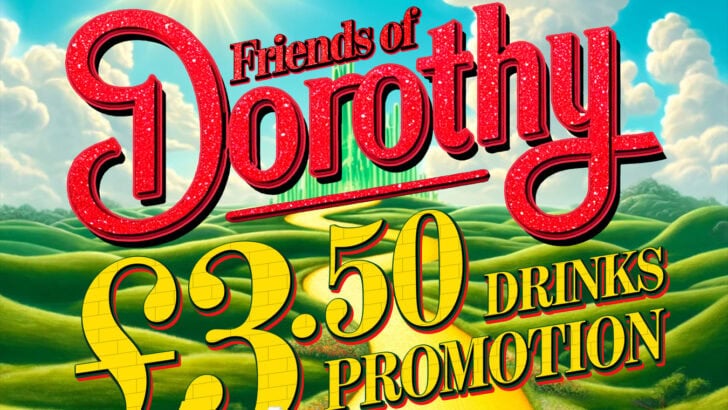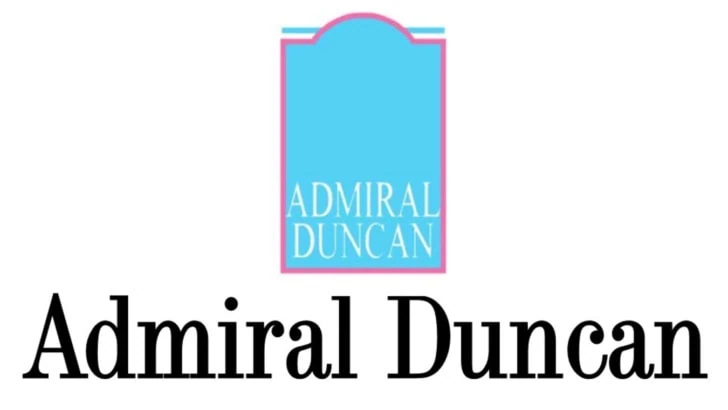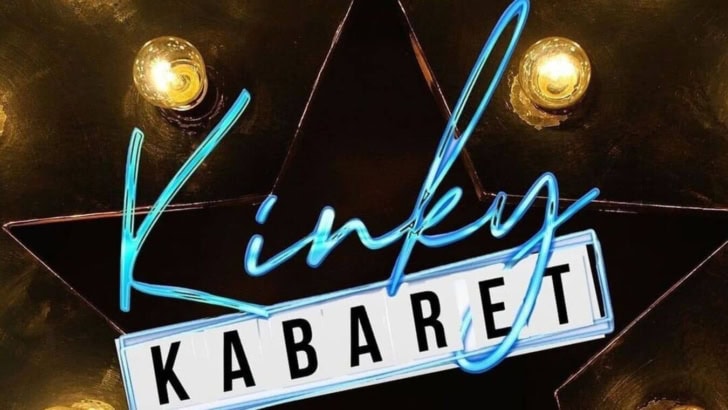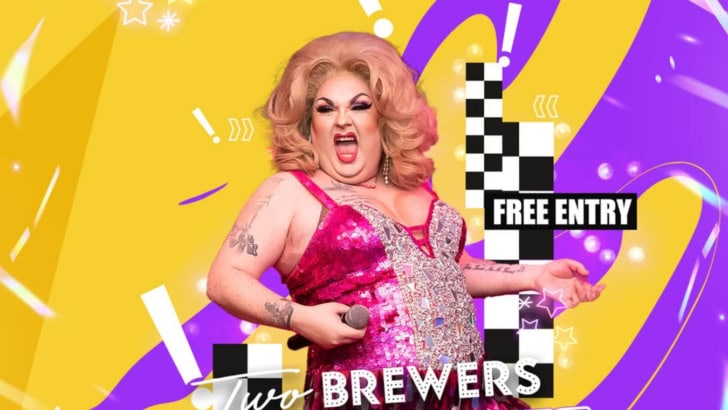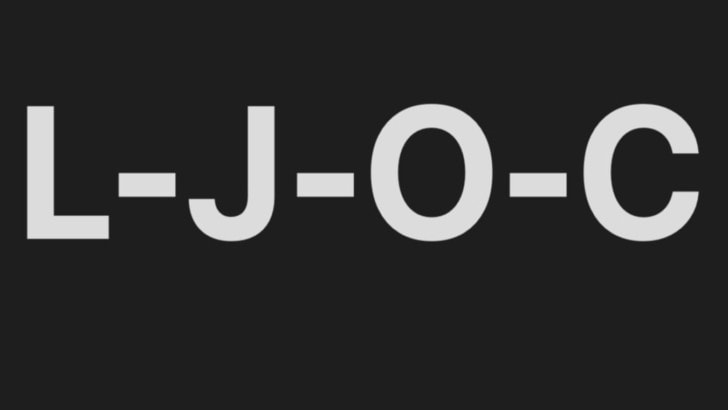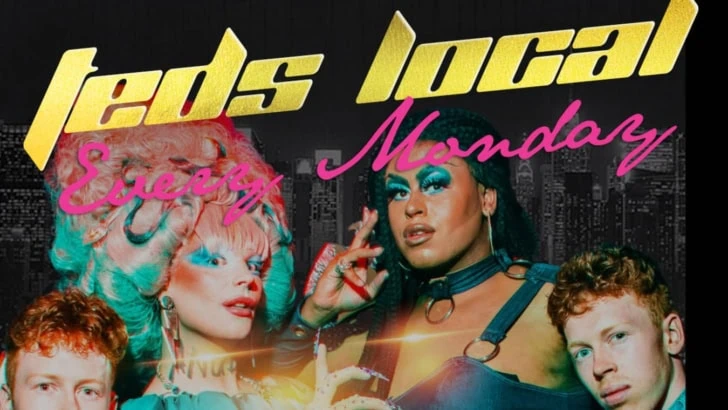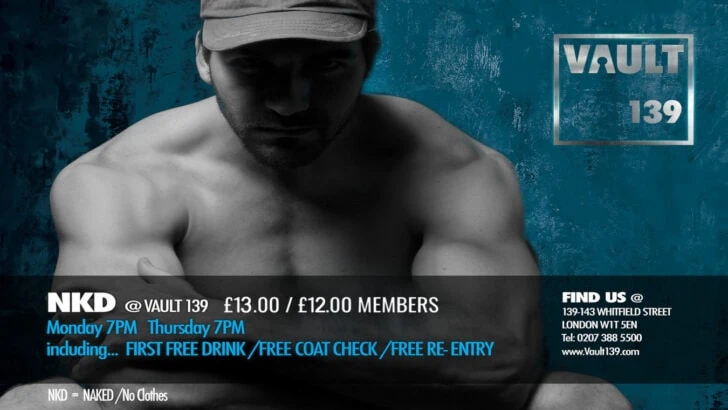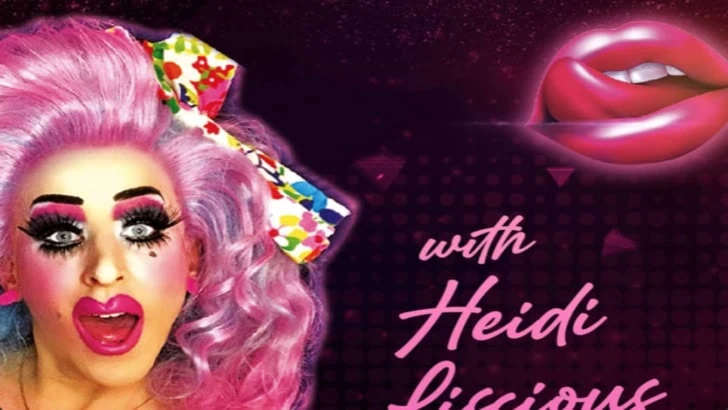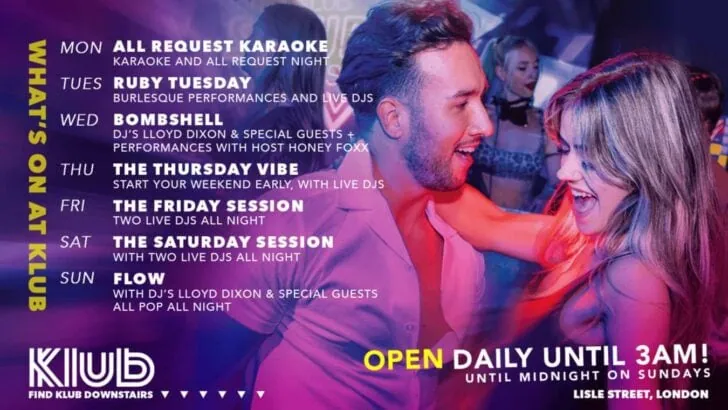Plaid Cymru leader Adam Price on coming out ahead of this year’s Pride Cymru
In the unrelenting tsunami that is our current political landscape, it’s easy to disengage and block out the lunacy. It’s hard to remember a time when the ‘B’ word wasn’t completely dominating the national political conversation. Looking across at the defeated and sunken faces discussing backstop after trade deal after agreement compromise, living off-grid has never seemed like a more attractive prospect. But no matter how muddled and dark our times may seem, there are always those bright flickers of light that shine through. Over the border in Wales, a political revolution is taking place, and progressive policies are taking root.
Plaid Cymru, the Welsh nationalist party, has gradually been bringing forward progressive issues in a country that has a reputation for maintaining its traditions. Championing trans rights with an openly gay party leader, they’re a beacon of progressive policies. There is a lot more to them than that added podium at the outer edge of a televised election debate, or a footnote on a sweeping political story. With an uptake in support for Welsh independence, and taking over from Labour in the latest European elections, they’re really coming into their own. Much like when that wave of lumbersexualism took over a few years ago, Plaid is definitely in season.
Fronting the party is Adam Price, a former MP who’s far from being your conventional politician. Just this month a video circulated of him getting struck in the head with a drumstick while attending a music festival, and he’s no stranger to the pubs of Soho. Ahead of Pride Cymru, Wales’ biggest pride celebration taking over Cardiff this month, we decided to catch up with the prominent and proud politician. Deputy Editor and bona fide gay welsh nationalist Ifan Llewelyn caught up with Price over a cold pint above Clerkenwell queer joint The Apple Tree to get a little insight into life as an out and proud political leader.
You were born in a mining community in the late ‘60s, what do you remember about those early few years?
My father was a coal miner and the Miner’s Strike looms large over my personal and political history. It’s when I first got active in politics. I remember coming down to London for the first time during the strike, in the summer. It was a trying time because my family only had my child benefits to survive on. It was also an awe-inspiring time as a fourteen-year-old, getting to spend three weeks in London, being bought my first pint by people who thought I was a coal miner because I was so tall. My mother got very involved and we went all around the country speaking as part of women support groups, so it broadened my horizon and probably the one experience that formed by life in politics.
So being an activist from a young age ingrained something in you.
Yes, and it was also the first time I met people were out as LGBT. We’ve all seen the film now (Pride). They came to my home town, the Gays and Lesbians Support the Miners, and that was an incredible experience for me because at that point I already knew I was gay, but had separated in my mind the familiar story of my working-class welsh community versus my sexuality. Gays and lesbians were welcomed to the working men’s club in the heart of our community – looking back, that sewed the seeds of confidence in my mind that I could bring those aspects of my personality together.
Fun fact, our photographer was actually an extra in Pride! So when it came time to up sticks, you headed for Cardiff. Was that a liberating experience?
It was a mixed picture for me. I made a decision to stay in Wales even though I could’ve come to London. In terms of my political involvement, that was a good idea because I threw myself into it in Wales. It was a torrid time in the late ‘80s, and I was probably one of the last people to get a student grant. I stayed in the closet throughout my entire time as a student, though I did tell a few people in the LGB society, but I was reticent to take it further because home was only an hour away. There wasn’t that classic blank canvas for re-invention. You come out when you’re ready, and I finally did it a week or so after graduation and that was a time I thought “Well, this is my life now. I have to make a decision.” As it happens, one of my best friends from school came out to me at the same time I came out to him. He actually asked me, “I don’t want to go to a gay club alone, would you mind coming with me?” and obviously I was deeply enthusiastic about going. Those early days I spent a lot of time walking up and down past a gay bar before getting the courage to walk in. Heart racing. It took courage to make those first steps. The next time it was me badgering him to go again.

It was around that time that people took to the streets of Cardiff to protest the passing of Section 28, right?
Yes, that’s right. It was probably the first major march by the community there, mirroring the marches in London, Manchester and elsewhere. I was on the march, despite being closeted, though it was one of the first baby steps in the coming out process for me. There was some degree of bewilderment in that experience, it was a very different time and we were being so publicly espousing LGBT rights. Those were the days that gay clubs in Cardiff would be behind a dark hidden door, so to have people march through the streets in defence of gay rights was a fantastic thing. I was proud to be there.
Was it that same courage that had you perusing that first seat in Parliament?
I first stood for parliament in 1992 as the youngest candidate in that election across the UK, and I got 3.7% or something which was an achievement. Nine years later the opportunity came for me to stand in Westminster in my home seat covering Carmarthen and East Dinefwr and it was one of only nine seats that Labour lost in that election. In that time I was out as far as I was concerned, to my family and my friends, but not everyone knew and a couple of days before the election I was interviewed by a journalist who was going to out me. I hadn’t actually hidden it but if he did that two days before, it would that imply that I was being duplicitous or dishonest. That was a testing time and as it happens the paper decided not to run that outing story, but as soon as I got elected that I didn’t ever want to be in that position again. I’m proud of who I am so I arranged an interview with a friendly journalist at BBC Wales just wanting to get the information out there.
In winning that seat, you move from the comfort of South Wales to the wild west of Westminster. How was that transition?
When you first arrive in the House of Commons, you have to pinch yourself. Sitting on those green benches for the first time, you’ve seen it on television so many times and suddenly you’re there. I decided very quickly that I wasn’t going to be cowed by it. I thought, “Right, I’m going to be the best I can be as much of a thorn in the side of the establishment as I can be.” Within a year we had a big political story involving donations to the Labour Party, then about a year in I tried to impeach the Prime Minister for the first time in a hundred and fifty years. Aim high! “Doesn’t lack ambition” was always on my report card at school. Make as much of a nuisance of yourself as you can, for the best possible reasons.
We often hear rumours of public figures hiding their sexuality to advance their careers. Was that something in the air at that time?
Totally. Politics was not the most receptive environment for folk to be open about their sexuality. To give one example of how things might have changed, when I was first elected in 2001, shortly afterwards there were a few more people who had arrived who were out, or came out. There were around eleven of us in the early 2000s. I was once phoned up by the Daily Mirror actually because they’d spotted me at Prowler on a Sunday. They’d been tipped off, and they were going to run the story. I told a very disappointed journalist that I was out already, and I was there with my boyfriend. Now I believe the number of out gay and bi MPs is in the mid-forties. It changed because people started coming out, and people see it’s okay.
There were two of us Welsh MPs who were gay, the other being from the Rhondda. Wales is often seen as a small scene socially conservative area, and yet there we were. To my face, it was never an issue. Locally, I never experienced direct politically motivated homophobia. Of course, coming back to it now with social media, we have a rising wave of bigotry. People might have been saying things behind my back, but now if anyone makes a prejudicial comment then you see it. It does exist, but for me coming up as an out politician was a positive experience.

Then after two terms in office, you decide to step down.
Yes, which surprised a lot of people. I had a relatively healthy majority when I got re-elected. If you’re a politician with a seat in Westminster with a safe majority is like getting a golden ticket for a lot of people. I never saw it like that. I don’t like the idea of a political career. It’s important to re-charge your batteries.
After almost 10 years I needed to re-energise and get some fresh ideas by going back to university, and what better university to go to than the Kennedy School of Government, Harvard. It was an astonishing crop of people. Taking some time out mid-career before I was back in the fray. A lot of people go into politics, whatever their political aspirations are, and you slowly see that light fading. People can lose the mission that got them into politics in the first place.
And you came back, all guns blazing with your eyes on that Plaid Cymru Party Leader role.
That wasn’t the plan, and I think for me politics shouldn’t be about personal ambition. Sometimes you have to step up to that plate and you’re called to act, and if not now, when? If not us, then who? I realised that I needed to stand for the leadership in order to take the party in the direction that we needed. We have a one-party rule in Wales, which isn’t a very pretty picture in terms of the high hopes that were there 20 years ago which haven’t been delivered in full. There is so much good the Welsh Government has done, but there’s so much more that we could be doing. That’s what keeps me in Plaid, that’s what gets me up in the morning.
There seems to be a renewed vigour for independence, especially among young welsh people.
Wales is increasingly inde-curious, to use a phrase inspired by the LGBTQ community. The general mood seems to be “I’d never thought I’d say this, but I’m beginning to support Welsh independence”, which is almost like a coming out. We’re catching up with Scotland, and there’s a growing self-confidence in pure political terms. We just had the biggest march for independence in recent history down in Cardiff. Another detention that’s drawing support for Welsh independence, Scottish independence and Irish unity is that people who wouldn’t not describe themselves as nationalists, but are looking at British politics, seeing the Boris Johnson and Michael Farrage shambles that is Brexit and Westminster and thinking surely it doesn’t have to be this.
Also in contrast to Westminster, we’ve seen Wales becoming increasingly supportive on Trans issues.
It’s brilliant. We’ve had the new guidance on gender-neutral school uniforms. I think Wales is among the first countries in the world to do so. It’s so important that we move away from traditional binary ideas of gender and provide young people with the proper space and support for them to choose who they want to be, rather than have that choice made for them.
Wales’ first Gender Identity Clinic is due to open next month. Why do you think it’s important to have those services, if not locally, but in your home country?
It’s probably one of the things I’m most proud of since being elected into Welsh parliament. I drafted the last manifesto for the last election and was pretty insistent that we had a commitment in there for a Gender Identity Clinic in Wales. It’s entirely unacceptable that as a modern, inclusive nation, we were forcing people to travel to another country in order to access basic services in terms of gender identity. We still need to make sure the comprehensive service is available as soon as possible, but the new clinic is a huge step in the right direction. It was secured because we insisted on it through a budget agreement. It was actually Plaid Cymru, in making it a priority in our budget agreement, that made it happen. Politics is party driven by declaration, but declarations need to be followed through. It’s late, but it’ still a massive step forward.
As a politician who is LGBTQ, do you feel a responsibility to advocate and bring forward our issues?
I think so. An important issue is visibility, that’s why I was keen early on to be open about who I am. I’ve become the role model I was lacking growing up. It is incumbent upon us who are LGBT in politics to be true to our community and to fight all forms of injustices everywhere. I feel strongly in the principle of intersectionality. Being LGBT has to ground you in an opposition to all forms of injustice and discrimination. We as a community can’t be free if we don’t also tackle racism and sexism. If Westminster is dragging its feet on the reform of the Gender Recognition Act, I would like to see us have that devolved to Wales so we could move forward more quickly, so we could then have the power to be an equal society as far as the Trans community’s concerned.
